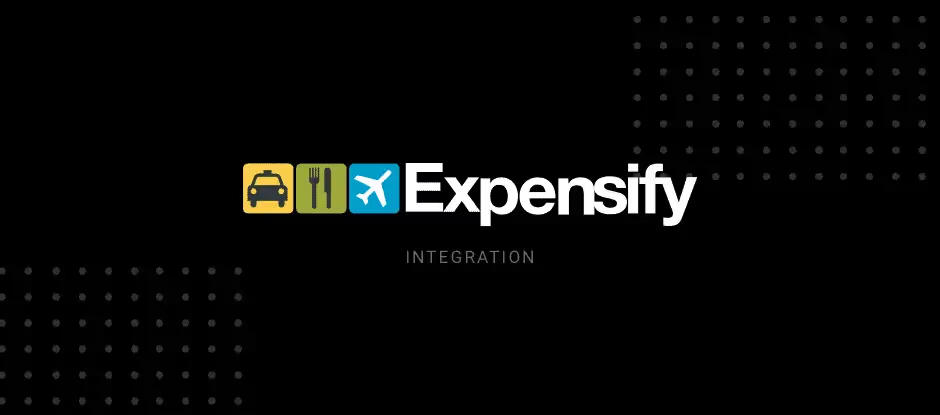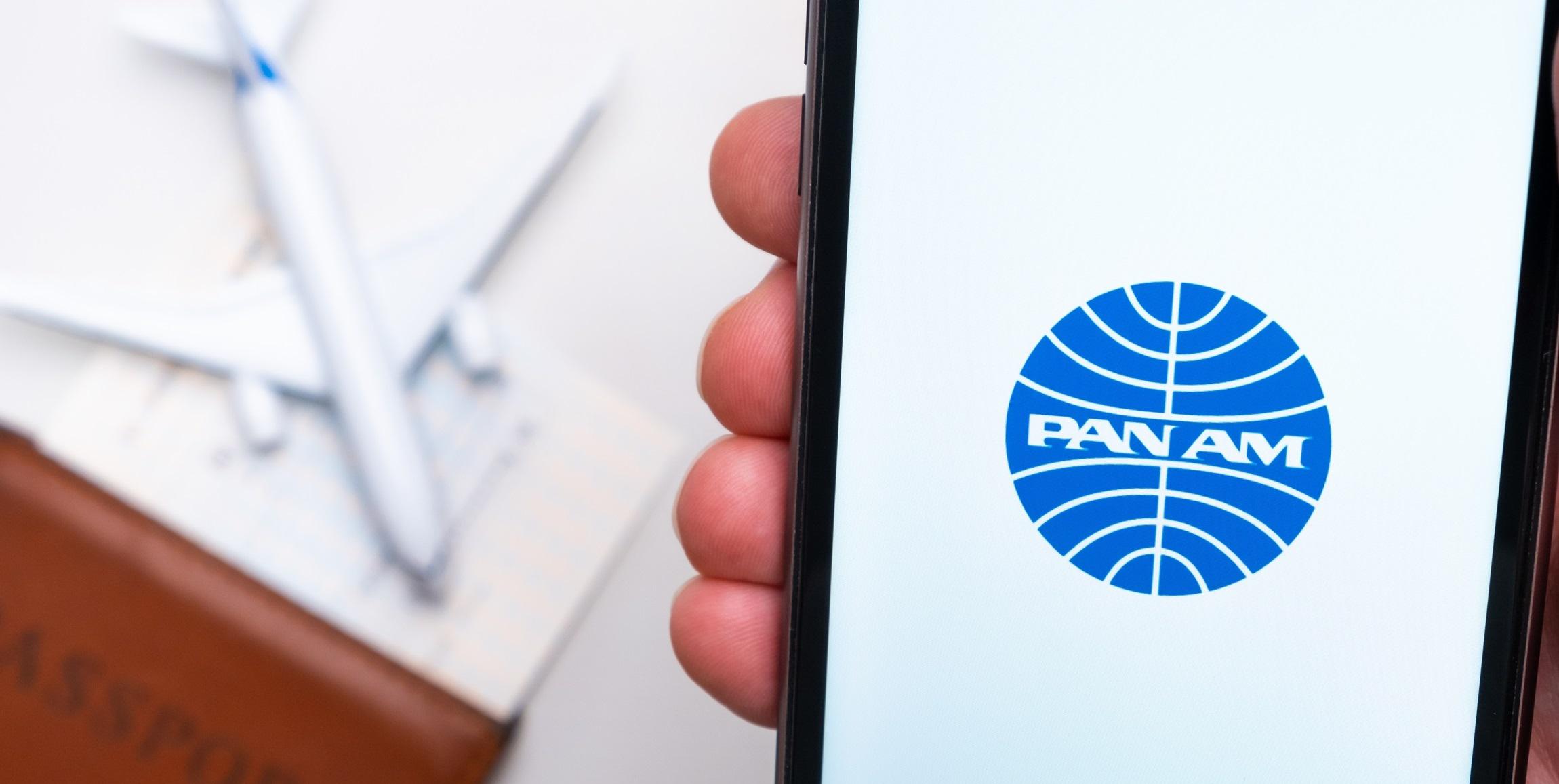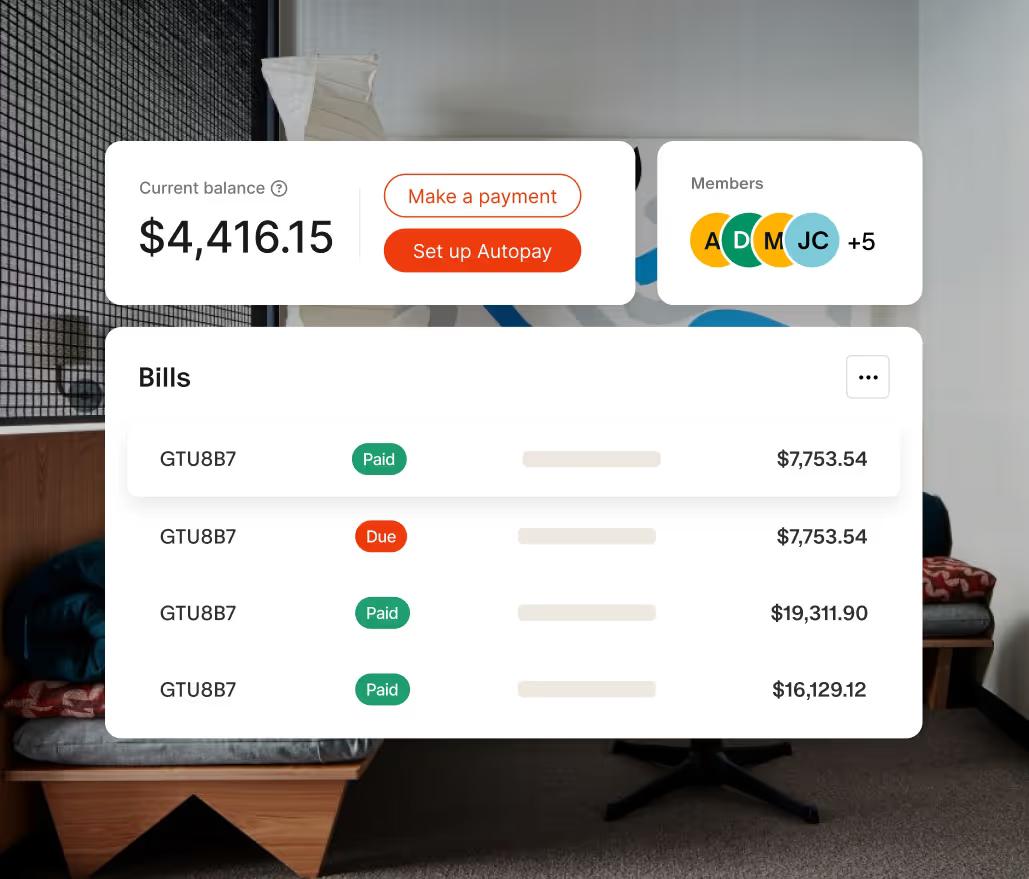What are hotel credit card authorization forms?

Imagine a customer is trying to book a hotel room for a colleague or family member. They want to cover the bill, but they’re not there to swipe the card in person. So how does your hotel staff know it’s OK to charge the card?
A hotel credit card authorization form closes that gap.
In this guide, we’ll explore what a hotel credit card authorization form is, when and how it’s used, and the form’s pros and cons. We’ll also show how an all-in-one travel management platform like Engine can cut paperwork and speed up business travel payments at your hotel.
What’s a hotel credit card authorization form?
A hotel credit card authorization form (or CC auth) is a signed document that lets a hotel charge a credit card without the cardholder present. If the accommodations are for business travel, the traveler may need to link a corporate credit card with hotel records for billing—an authorization form takes care of that ahead of time.
Hotel credit card authorization forms are often used for business travel and third-party bookings. These forms also cover incidentals and no-shows—with an authorized card on file, things like late arrivals, minibar purchases, and room service transactions are taken care of once the guest checks out.
It used to be common for hotels to accept CC auths by email as a PDF. But most major brands now deliver the form digitally through an online platform to protect the credit card holder’s sensitive data.
What to include in a hotel credit card authorization form
The best forms are short enough to fill out in under two minutes yet detailed enough to stand up in a dispute. Here are the five sections to include when building your form.
Cardholder information
This section should include the cardholder’s full legal name, billing address, phone number, and email. Making sure these details match the issuing bank’s records will help reduce address-verification failures.
Credit card details
The credit card details should include the card type (such as Visa, Mastercard, or Amex), full card number, expiration date, and card verification value (CVV). The form should display only the last four digits of the card number to the hotel or booking agent—masking the rest for security—and transmit the full card details through an encrypted channel.
Hotel and guest information
Include the property name, reservation or confirmation number, arrival and departure dates, and the guest’s name—especially if the hotel registration lists a different cardholder than the one authorizing payment. This ties the transaction to a single stay and prevents accidental double billing.
Authorized charges
Vague approvals are the number-one trigger for disputes, so include a clear checkbox or line item for each cost category, including the room, taxes, incidentals, parking, dining, and anything else that might get charged to the guest.
Signature and date
It’s important to include a space for an electronic or handwritten signature, along with the date. Without a dated signature, the form isn’t legally binding.
Problems with paper authorization forms
Hotels used faxed or scanned authorization forms for decades, but the risks keep growing. Here are some issues you could experience by relying on paper CC auths.
Security risks and fraud exposure
Paper and PDF forms are no longer considered payment card industry (PCI) compliant. They’re easy to copy, photograph, or misplace, giving fraudsters everything they need to drain funds from a card.
Inefficiency and administrative burden
With paper forms, front desk teams waste time chasing signatures, printing, scanning, and filing paperwork. And if a chargeback happens, staff may spend hours digging through binders that no longer meet compliance rules.
Compliance and legal issues
Non-compliance with PCI standards can result in fines starting at $5,000 per month and escalating up to $500,000 for ongoing violations. In a worst-case scenario, card networks may revoke a hotel’s ability to accept credit card payments.
Pros and cons of hotel credit card authorization forms
Here are some perks and downsides of using a hotel credit card authorization form.
Pros
Convenience for remote payments
A signed form lets travel managers or relatives cover costs without mailing a physical card or setting up a wire transfer.
Guaranteed payment for hotels
Authorization reduces no-shows and walk-outs. Merchants win only about one-third of chargeback disputes in the travel and hospitality sector, so any extra evidence helps.
Audit trail
Forms create a paper (or digital) trail that accountants can match to folios and tax receipts during audits.
Cons of hotel credit card authorization forms
Security risks and data sensitivity
Collecting full card numbers exposes both guests and hotels to data theft. A single breach can damage brand trust overnight.
Potential for chargeback disputes
If the form is incomplete or illegible, the card issuer may side with the cardholder. Vague language, such as “incidental charges,” could open the door to an argument.
Extra steps for guests
Some travelers find the process clunky compared with consumer tools like Apple Pay or virtual cards that tokenize card numbers.
Streamline your business travel processes with Engine
Credit card authorization forms protect hotels against unpaid bills, but faxing them is a thing of the past. Digital solutions prove their worth by cutting the excessive paperwork and reducing errors—and the growing risk of fraud.
Joining Engine’s Partner Hub lets you bring the same digital ease to every stage of the guests journey. With our best-in-class issue resolution, you can assign, track, and archive each authorization form in one dashboard—no more three-ring binders overflowing from the office shelves. Engine’s automated reminders allow hotels to follow up with guests who forgot to submit a form, so your team stays focused on in-house service. And with one-click form retrieval, chargeback responses and year-end audits are easier than ever.
Ready to retire paper forms and keep every transaction secure? Join Partner Hub for free today, and get $100 in ad credit when you run your first marketing campaign.
FAQs
What’s a credit card authorization form used for in hotels?
A hotel credit card authorization form lets a hotel charge a credit card account when the cardholder isn’t physically present. This is common for business travel, group bookings, or when a guest’s stay is paid for by someone else.
The form includes key details like the card number, expiration date, billing address, and the types of charges approved, such as room service or incidentals. It acts as consent from the cardholder and helps hotels avoid payment issues or unauthorized charges.
Is it safe to use a hotel credit card authorization form?
It depends on how the form is handled. Paper or emailed forms can expose sensitive credit card information—like the CVV, cardholder name, and card number—making them more vulnerable to fraud. Many hotels are switching to PCI-compliant digital forms that encrypt and store credit card details securely. When used properly, a hotel credit card authorization form offers a safe way to authorize charges and protect the guest and hotel from unauthorized transactions or billing disputes.
Can I use my company’s credit card to pay for someone else’s hotel stay?
Yes—many companies use hotel credit card authorization forms to cover costs for employees or contractors during business travel. As the cardholder, you’ll typically need to complete a form with your name, billing address, card type, expiration date, and the charges you authorize, like room, tax, or extras. Once submitted, the hotel can charge the company credit card even if you aren’t there. This process helps simplify billing and keeps travel expenses organized for accounting and reimbursement.
What happens if a hotel charges the card without proper authorization?
If a hotel charges a credit card without a clear, signed authorization form, the cardholder may file a chargeback with their credit card company. Without proof, like a signed credit card authorization form or a digital record that shows consent, the hotel risks losing the dispute and may have to refund the transaction. Chargebacks can be costly for hotels and may affect their ability to accept certain payment cards. That’s why clear authorization with specific, approved charges is necessary for security and compliance.






.jpg)






![What is an OBT? [+ Why They Matter]](https://cdn.prod.website-files.com/66a41388b1be9ba182f1e80c/66f97c4190ac5e26bea90c05_66a41388b1be9ba182f1efc0_online-booking-tool.avif)








